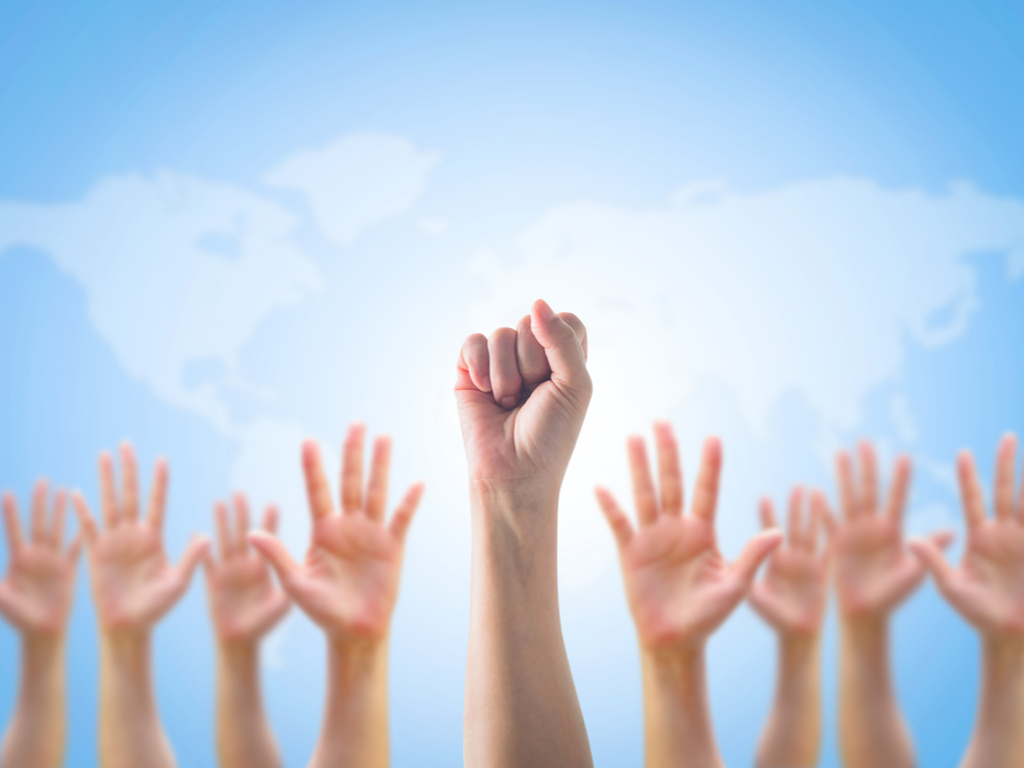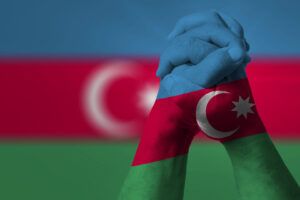Vahan V. Yeghiazaryan, President, Zargatsum (Development) social movement
On 15 December, Josep Borrell, Vice-President of the European Commission took part in a European Parliament plenary debate on the recent developments in the Eastern Partnership countries.
In his remarks, Mr Borrell told he considers civil society and independent media in EaP countries as effective tools in increasing democratic resilience and tackling corruption.
“Strengthening resilience is the main objective and core element of the future Eastern Partnership policy. We will work with partners on five areas of resilience – economic, democratic, environmental, digital, and societal. I think it is key to empower civil society and independent media to increase accountability, to expose corruption and to enhance critical thinking,” he added.
StrategEast has interviewed the leading experts from Eastern Partnership countries to find out their take on independent media and civil society development in their countries. Here are the answers from the expert on Armenia.
How do you assess the degree of independent media and civil society development in your country?
Armenia is a young democracy. It has taken a new shape after the Velvet Revolution in April – May 2018. The current Armenian democracy is very authentic. It unites the European classic democratic values and Soviet heritage of strength, authoritarian and socialist values; conservative values of the East and neo-liberal values from the West, strategic alliance with Russia and strategic partnership with EU and Iran. All these aspects affect the national character and make civil society and media industry very diverse.
In case of civil society there are a lot of researches that show that the average educational level of young civil society activists is higher that the level of young political parties activists. That indicator shows that the level of civil society development is comparatively higher than the level of development of political parties. On the other hand, Armenian civil society suffered a post-revolutionary crisis when a lot of civil society activists have moved to governmental structures. But at the same time there are a lot of very good specialized NGOs that work hard in their sub-industry and make additional value for the society, e.g. during the Second Karabakh War there were a lot of brilliant projects aimed at supporting Artsakh, refugees, Army and even projects aimed at saving stray dogs in the conflict area. The greater part of that job has been done by Armenian NGOs e.g. “Info Artsakh”, which was a media-project launched by Zargatsum (Development) social movement. At the same time industry strongly depends on European, Russian or political funding. Only several dozens of NGOs are really independent and work based on their pure ideology and values. The half of these NGOs is located in Yerevan and others are spread in the regions.
The situation with media is worse. Almost all Armenian big and medium-size media have political orientation towards the political opposition or governing party, Russia or the West. That really divides the society and does not allow to unify the nation based on one common vision. That is the root of democratic pluralism and at the same time the root of national division and weakening. That is the contradictory soul of the democracy that exists in Armenia authentically.
Do civil society and media independence influence the fight against corruption in your country?
The society and media have their important role in the fight against corruption. But in Armenia this phenomenon has its own identity. The main part of current anticorruption activities is based on the system of effective checks and balances. The political opposition has its own media and NGOs, and the governing party has the same tools as well. So, if a civil servant or someone else goes beyond his or her mandate, the system of checks and balances starts working and tries to show the violation of law or corruption attempts to criticize their political opponents and take advantage of the situation. That is the main aspect right now that supports the fight against corruption and also brings benefits for our society. To summarize, Armenian civil society is well developed and needs only non-political funding e. g. from Armenian diaspora around the globe. In turn, Armenian media are very dependent from the political industry and this fact affects their target audience, rating and so on. There is a lack of independent media that can present the truth or not have any ties with political processes. Armenian media industry has a long path in order to reach the desired level of development.




